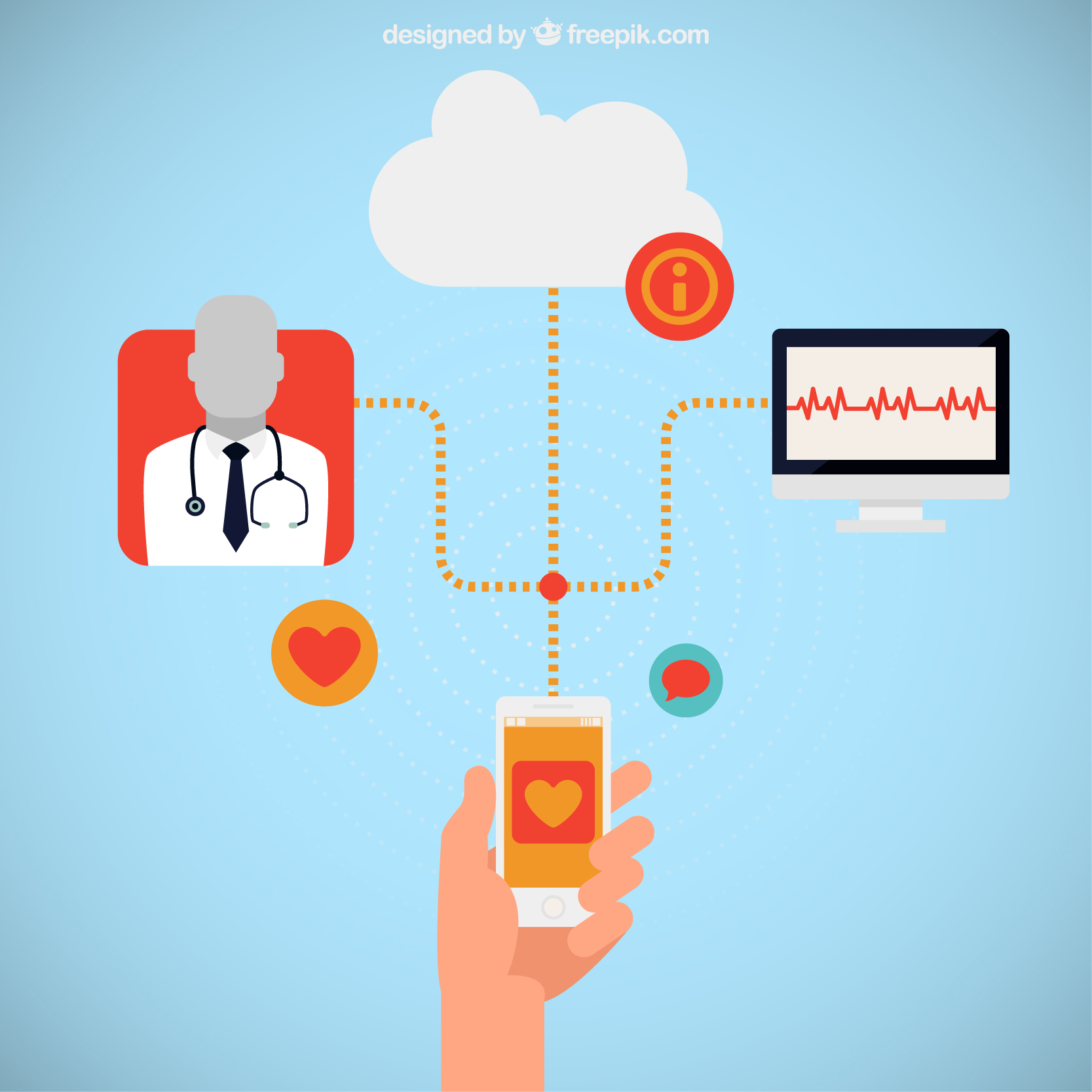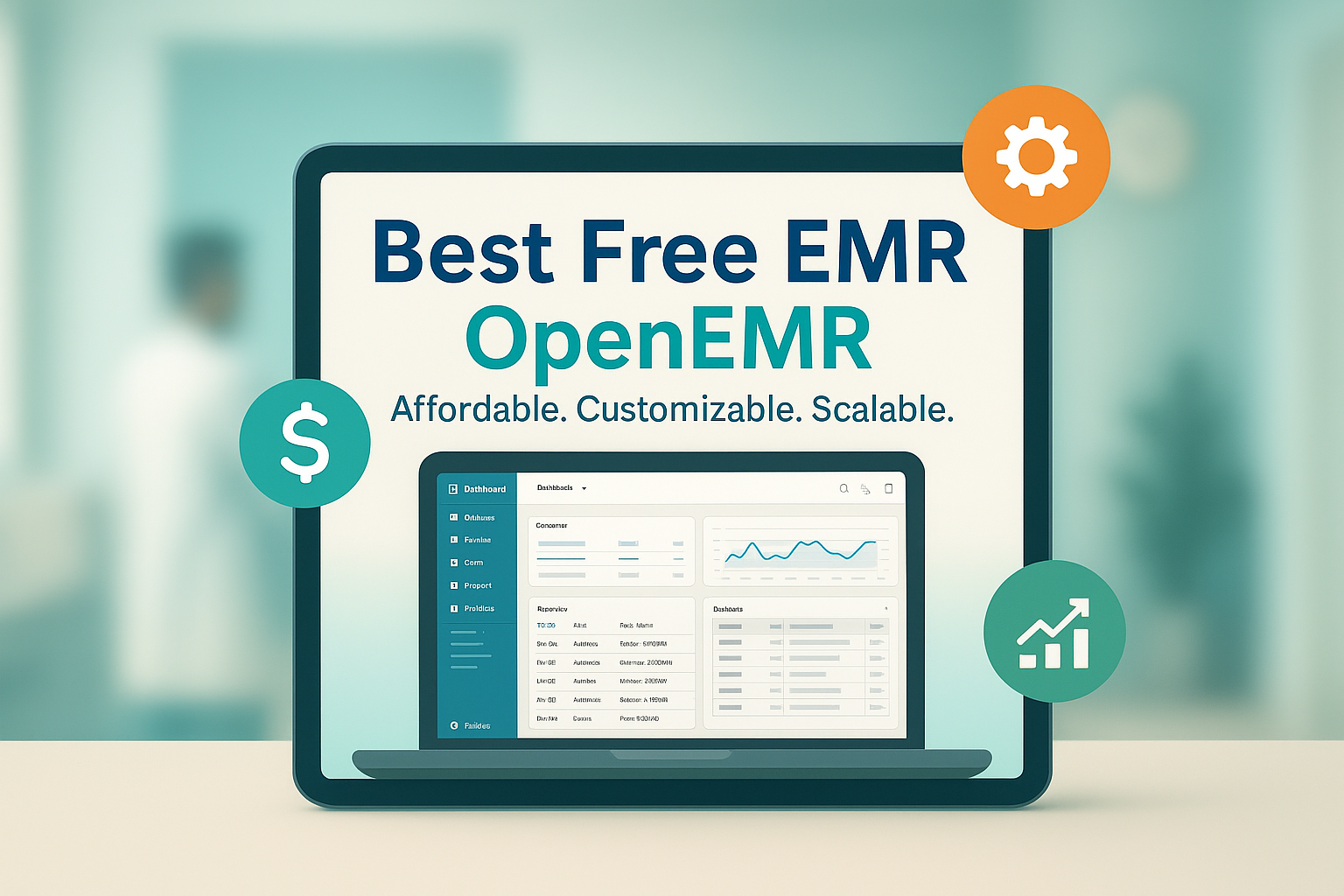Cloud-Based Healthcare Solutions: The Key to Streamlining Clinical Workflows

Strong8k brings an ultra-HD IPTV experience to your living room and your pocket.
In today’s fast-paced healthcare environment, the demand for efficiency, accuracy, and seamless communication has never been greater. As healthcare organizations strive to deliver higher quality care while reducing operational costs, the need for innovative solutions is paramount. Enter cloud-based healthcare solutions—a transformative technology that is revolutionizing the way clinical workflows are managed. By leveraging the power of the cloud, healthcare providers can streamline their operations, improve patient outcomes, and ensure that their systems are both scalable and secure. This blog explores how cloud-based solutions are the key to optimizing clinical workflows in healthcare.
1. Understanding Clinical Workflows and Their Challenges
Clinical workflows refer to the series of steps that healthcare professionals follow to deliver patient care. These workflows include everything from patient admission, diagnosis, and treatment to discharge and follow-up care. Efficient workflows are critical for ensuring that patients receive timely and accurate care, but they are often hindered by several challenges:
Complexity: Healthcare workflows involve numerous steps, participants, and systems, making them inherently complex.
Fragmentation: In many healthcare settings, workflows are fragmented, with different departments and systems operating in silos, leading to communication breakdowns.
Data Overload: The sheer volume of data generated in healthcare can overwhelm providers, making it difficult to extract actionable insights.
Regulatory Compliance: Healthcare organizations must adhere to strict regulations, such as HIPAA in the U.S., which add layers of complexity to managing workflows.
These challenges underscore the need for solutions that can simplify and unify clinical workflows, making them more efficient and effective.
2. How Cloud-Based Solutions Address Workflow Challenges
Cloud-based healthcare solutions offer a powerful way to overcome the challenges associated with clinical workflows. By hosting data and applications on the cloud, these solutions provide several key benefits:
Centralized Data Management: Cloud-based systems store all patient data in a centralized location, accessible from anywhere with an internet connection. This eliminates data silos, allowing for seamless data sharing across departments and improving coordination among healthcare teams.
Real-Time Data Access: With cloud-based solutions, healthcare providers can access up-to-date patient information in real-time. This ensures that decisions are based on the most current data, leading to more accurate diagnoses and treatments.
Scalability: Cloud-based systems are inherently scalable, allowing healthcare organizations to expand their operations without the need for significant additional infrastructure. This is particularly beneficial for growing practices or those that experience seasonal fluctuations in patient volume.
Cost Efficiency: By moving to the cloud, healthcare organizations can reduce their reliance on costly on-premise hardware and software. Cloud solutions typically operate on a subscription basis, which can be more cost-effective in the long term.
Enhanced Collaboration: Cloud-based solutions facilitate collaboration by enabling healthcare professionals to easily share information and work together on patient care, regardless of their physical location. This is especially valuable in multi-site healthcare organizations or during telehealth consultations.
3. Key Areas Where Cloud-Based Solutions Streamline Workflows
Cloud-based healthcare solutions can streamline clinical workflows in several critical areas:
a. Electronic Health Records (EHR) Management
One of the most significant impacts of cloud-based solutions is on the management of Electronic Health Records (EHR). Traditional, on-premise EHR systems can be cumbersome, requiring significant IT resources to maintain and often leading to slow access times. Cloud-based EHR systems, on the other hand, offer:
Faster Access: Providers can quickly access patient records from any device, reducing the time spent searching for information.
Improved Accuracy: With real-time updates, cloud-based EHRs ensure that all providers are working with the most current patient information, reducing the risk of errors.
Integration Capabilities: Cloud-based EHRs can easily integrate with other healthcare systems, such as billing or lab systems, to create a more cohesive workflow.
b. Appointment Scheduling and Management
Efficient appointment scheduling is crucial for maintaining smooth clinical workflows. Cloud-based scheduling systems offer:
Automated Reminders: Reduce no-shows and ensure patients arrive on time by sending automated reminders via text or email.
Real-Time Availability: Providers can easily view their schedules and make adjustments as needed, reducing the likelihood of overbooking or scheduling conflicts.
Patient Self-Service: Patients can book, reschedule, or cancel appointments online, reducing the administrative burden on staff.
c. Clinical Decision Support Systems (CDSS)
Cloud-based Clinical Decision Support Systems (CDSS) provide healthcare professionals with valuable insights at the point of care:
Data-Driven Insights: By analyzing vast amounts of patient data, CDSS can offer recommendations for treatment plans, alert providers to potential drug interactions, and support diagnostic decisions.
Continuous Updates: Cloud-based CDSS are regularly updated with the latest medical research and guidelines, ensuring that providers have access to the most current information.
Customization: These systems can be tailored to the specific needs of a practice, allowing providers to focus on the most relevant data points.
d. Telehealth and Remote Monitoring
The rise of telehealth has been accelerated by the adoption of cloud-based solutions:
Virtual Consultations: Cloud-based telehealth platforms enable providers to conduct virtual consultations, making healthcare more accessible to patients who may not be able to visit the clinic in person.
Remote Monitoring: Patients with chronic conditions can be monitored remotely using cloud-connected devices, allowing providers to track their health status in real-time and intervene if necessary.
Secure Communication: Cloud-based telehealth solutions ensure that patient-provider communications are secure and compliant with privacy regulations.
Connect with us for Remote patient monitoring software development.
e. Laboratory Information Systems (LIS)
https://emorphis.health/blogs/cloud-based-healthcare-solutions-vs-on-premise-systems/Managing laboratory workflows can be challenging, particularly when it comes to handling test results and communicating them to providers:
Automated Workflow: Cloud-based LIS can automate the entire laboratory process, from test ordering to result delivery, reducing manual errors and speeding up turnaround times.
Integration with EHR: Results can be automatically uploaded to the patient’s EHR, ensuring that providers have immediate access to the information they need to make informed decisions.
Remote Access: Lab technicians and providers can access the LIS from any location, enabling better coordination and faster response times.
4. Ensuring Compliance and Security in Cloud-Based Workflows
While cloud-based solutions offer numerous benefits, ensuring compliance with healthcare regulations is paramount. Leading cloud providers offer robust security measures, including:
Data Encryption: All data stored in the cloud is encrypted, both in transit and at rest, ensuring that patient information remains secure.
Access Controls: Cloud solutions allow organizations to implement strict access controls, ensuring that only authorized personnel can access sensitive data.
Regular Audits: Cloud providers typically conduct regular security audits to ensure compliance with industry standards and regulations such as HIPAA or GDPR.
Healthcare organizations should also conduct their own due diligence when selecting a cloud provider, ensuring that the provider’s security practices align with their own compliance requirements.
5. The Future of Cloud-Based Healthcare Solutions
The adoption of cloud-based healthcare solutions is expected to continue growing, driven by the need for greater efficiency, scalability, and innovation. Future advancements in cloud technology, such as artificial intelligence and machine learning, will further enhance clinical workflows by providing deeper insights, automating routine tasks, and enabling more personalized patient care.
As healthcare organizations continue to embrace digital transformation, cloud-based solutions will play a central role in shaping the future of patient care, making it more efficient, effective, and patient-centered.
Conclusion
Cloud-based healthcare solutions are revolutionizing the way clinical workflows are managed. By centralizing data, improving real-time access, enhancing collaboration, and ensuring compliance, these solutions address many of the challenges that have traditionally hindered healthcare operations. As the healthcare industry continues to evolve, cloud-based systems will remain a critical tool for organizations seeking to streamline their workflows, reduce costs, and ultimately deliver better care to their patients.
Note: IndiBlogHub features both user-submitted and editorial content. We do not verify third-party contributions. Read our Disclaimer and Privacy Policyfor details.







